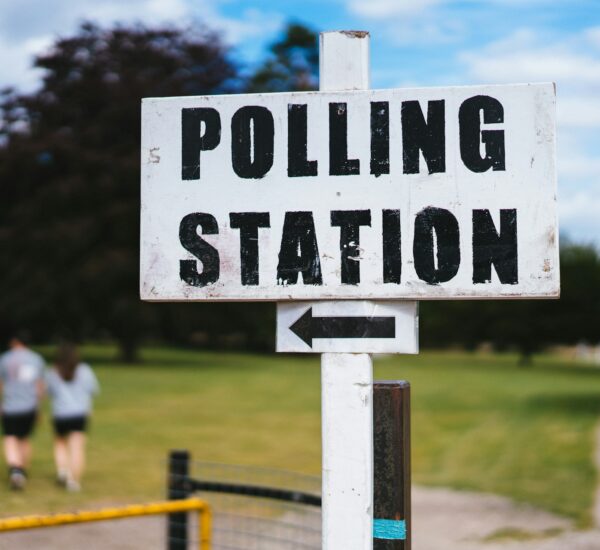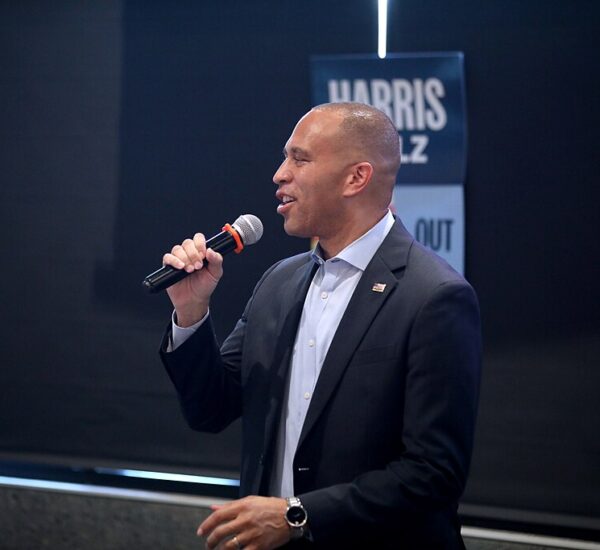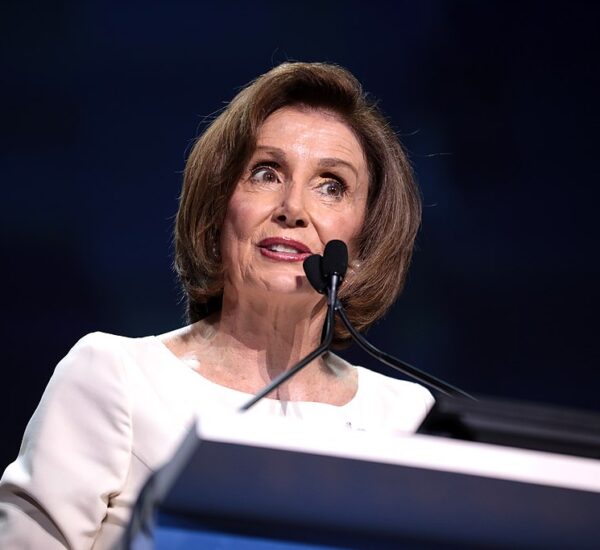DeSantis Facing Big Issues With Florida GOP
Tensions are flaring between Florida Governor Ron DeSantis (R) and members of his own party, revealing a growing divide in the state as the GOP’s dominance faces challenges from within. While Florida has become a red stronghold in recent years, the infighting among Republicans signals a shift in how the party is navigating the political landscape in the Sunshine State.
The rift became public this week when Governor DeSantis called for a special session to push President Trump’s immigration agenda. However, this move was swiftly blocked by key Republican leaders in the state Legislature, including Senate President Ben Albritton (R) and House Speaker Daniel Perez (R). In response, state lawmakers introduced the Tackling and Reforming Unlawful Migration Policy (TRUMP) Act. The bill, which calls for Agriculture Commissioner Wilton Simpson to oversee the state’s immigration enforcement, was backed by state Senator Joe Gruters (R), a Trump ally who has long been at odds with DeSantis.
This conflict marks a new chapter in DeSantis’s political career, especially as he vies for favor with Trump over the crucial issue of immigration in a state that has become the epicenter of the GOP’s national ambitions. DeSantis, having positioned himself as a strong advocate for conservative policies, faces growing resistance from within his own party, which underscores the complex dynamics at play.
Ford O’Connell, a Florida GOP strategist, explained the divide: “DeSantis wants to push bold, effective policies, but many state Republicans are focused on their own political agendas, and Trump is clearly driving the conversation.”
Despite his intentions to model Florida as a national leader in immigration reform, DeSantis’s special session was viewed by some GOP leaders as premature. “We were blindsided by this move,” said one Republican lawmaker. They argued that the session was unnecessary and that it put Florida Republicans in a difficult position with the public.
The tension reached new heights as lawmakers tweaked the TRUMP Act to reach a compromise with DeSantis, but the final version still fell short of the governor’s expectations. DeSantis publicly criticized the bill, even suggesting that he would veto it. As tensions escalate, some predict a second special session to resolve the issues.
A major point of contention is the bill’s provision giving power over immigration enforcement to the state’s agriculture commissioner, Wilton Simpson. DeSantis and his allies argue that this move could weaken the governor’s authority, potentially giving a political rival more influence. Simpson has been mentioned as a potential challenger to DeSantis in 2026, further fueling the conflict.
This standoff underscores the larger issue of immigration within the Republican Party. While DeSantis remains focused on the larger goal of securing the border and enforcing strong immigration laws, some state lawmakers fear the TRUMP Act’s provisions could be a step too far, potentially alienating key industries in Florida, like agriculture, which rely on immigrant labor.
The political infighting in Tallahassee is not just a local issue; it reflects broader struggles within the GOP as it navigates the complexities of Trump’s influence and DeSantis’s ambitions. DeSantis, who remains a populist figure with significant grassroots support, is making it clear that he’s willing to challenge fellow Republicans who stand in the way of his vision for Florida. And as he uses his PAC to rally support for conservative candidates, it seems clear that this battle is far from over.
In the end, DeSantis’s stance on immigration could define not only his future in Florida politics but also his place in the national GOP landscape, where loyalty to Trump remains a powerful force. As tensions rise, it will be interesting to see who ultimately holds the upper hand in this power struggle.






